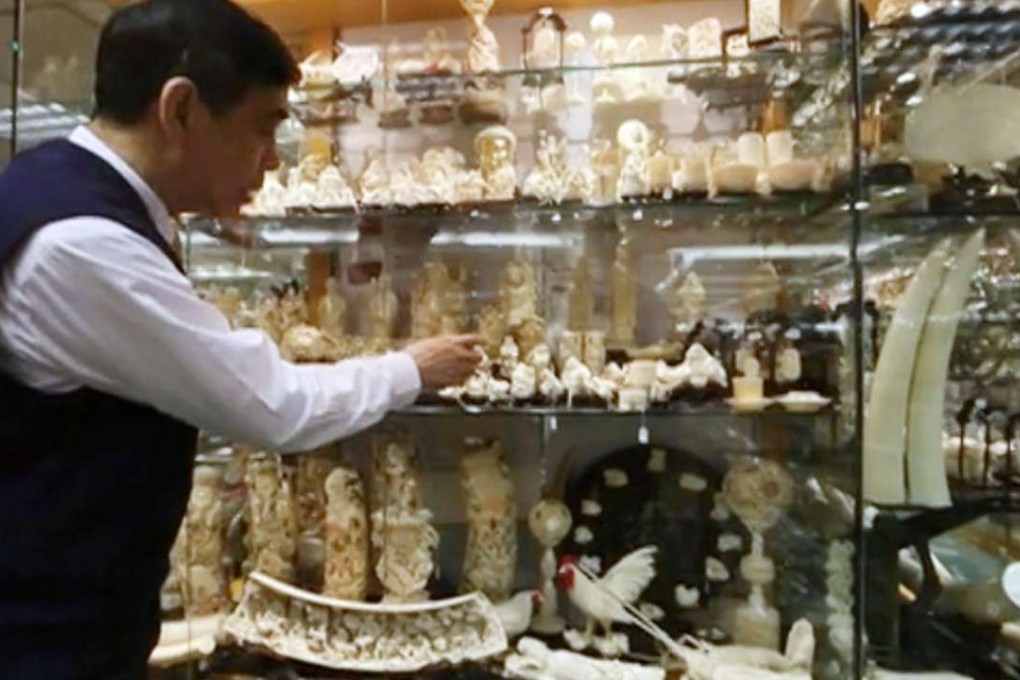Hong Kong’s illegal ivory hub status ‘could grow after planned mainland China ban’
Sellers could use gap before city’s planned 2021 phase-out to launder illegal stocks, environmentalists warn

The group’s senior wildlife crime officer, Cheryl Lo, called on the local government to act swiftly, given that Hong Kong is an important transit hub for illegal ivory supplies to the mainland and other parts of Asia.
While hailing China’s “determination to help save Africa’s elephants from extinction”, Lo warned that in the four-year window between the mainland ban and Hong Kong catching up, Chinese sellers could move stocks across the border for sale in the city. But she said the recent news was still cause for optimism.
“With China’s announcement, now three of the world’s largest domestic ivory markets – that is China, Hong Kong and the US – are being phased out.”
Watch: China to ban ivory trade by end of 2017